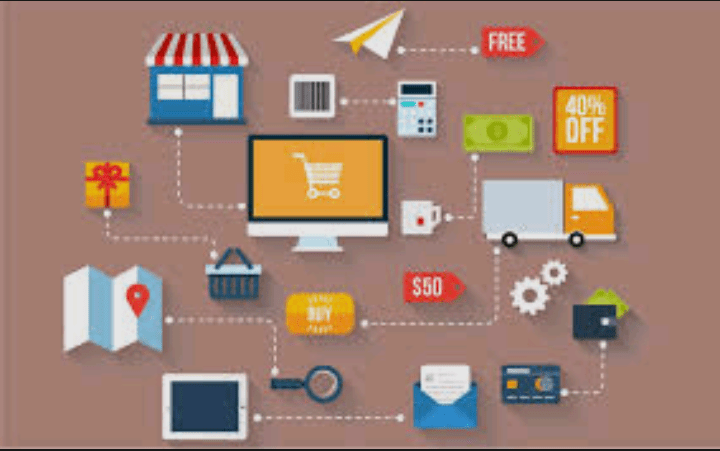E-business (electronic business) is the conduct of business processes on the internet. These e-business processes include buying and selling products, supplies, and services; servicing customers; processing payments; managing production control; collaborating with business partners; sharing information; running automated employee services; recruiting; and more.
E-business can comprise a range of functions and services, ranging from the development of intranets the extranets to e-services, the provision of services and tasks over the internet by application service providers.
Today, as major corporations continuously rethink their businesses in terms of the internet — specifically, its availability, wide reach, and ever-changing capabilities — they are conducting e-business to buy parts and supplies from other companies, collaborate on sales promotions, and conduct joint research.
Read Also: How to Use Franchising Strategy to Grow your Business
As e-commerce has accelerated, stringent security protocols and tools, including encryption and digital certificates, were adopted to protect against hackers, fraud, and theft.
Nonetheless, security and data privacy remain big concerns for companies and individuals conducting business on the internet. With the security built into browsers and with digital certificates now available for individuals and companies from businesses such as Verisign, a certificate issuer, some of the early concern about the security of business transactions on the web has abated, and e-business, by whatever name, is accelerating.
There are other types of e-business models beyond the business-to-consumer (B2C) model, which is defined as selling products directly to retail consumers online. Under the business-to-business (B2B) model, companies use the internet to conduct transactions with one another.
Unlike B2C transactions, in which sellers offer products and services online and buyers purchase them via the internet, B2B transactions usually involve multiple online transactions at each step of the supply chain.
The consumer-to-business (C2B) model defines a type of e-business where consumers create their value and demand for products. Reverse online auctions are examples of C2B e-business models, as are airline ticket websites, like Priceline.
Under the consumer-to-consumer (C2C) e-business model, consumers are both buyers and sellers via third-party-facilitated online marketplaces, such as eBay. These C2C e-business models generate revenue through personal ad fees, charging for memberships/subscriptions, and collecting transaction fees.
Read Also: How Can Advertising Help Your Business?
Security and Risks
E-business tactics offer advantages such as reaching a wider customer base and faster transactions, but they also come with associated risks.
For example, e-business creates huge data security risks because customers are often required to provide sensitive information, such as contact information and credit card numbers, during e-business transactions.
This information is enticing to hackers and particularly vulnerable to data breaches, so e-business website owners are responsible for incorporating methods, such as data encryption, to ensure secure transactions.
Failure to ensure data integrity and incorporate appropriate data security measures creates the risk of fines and the loss of customer loyalty.
Because successful e-business relies on swift, secure online transactions, even something as simple as a bad web hosting service creates a financial risk for these companies.
Crashed servers and insufficient bandwidth lead to persistent website downtime and customer dissatisfaction, so companies must invest in well-known, reliable hosting providers that can, in turn, drive up the costs associated with running a successful e-business.
Read Also: Principles of Planning in Feasibility Studies and Business Plan
There are marketing risks when it comes to e-business as well. All types of businesses rely on effective marketing to drive growth and sales, but online marketing techniques are much different from traditional, offline ones.
Without an effective marketing campaign specifically tailored to promote e-business, an organization creates huge financial risk by investing in marketing resources that do not drive consumer traffic to the transaction websites.
E-businesses are also vulnerable to the systematic risk that influences the entire online market segment.
For example, the dot-com crash of 2000-2001 began after several e-business startups went public and were purchased by other e-businesses. These e-businesses had little cash flow and many valuedlued grgrowthover ver financial stability.
This created an unsustainable economic bubble that ultimately put many of these companies out of business when it burst.
Read Also: Formal and Informal Sources of Finance in Business
